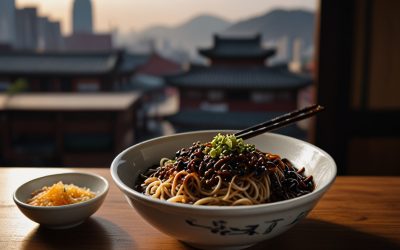Single and Proud: How Koreans Celebrate Black Day

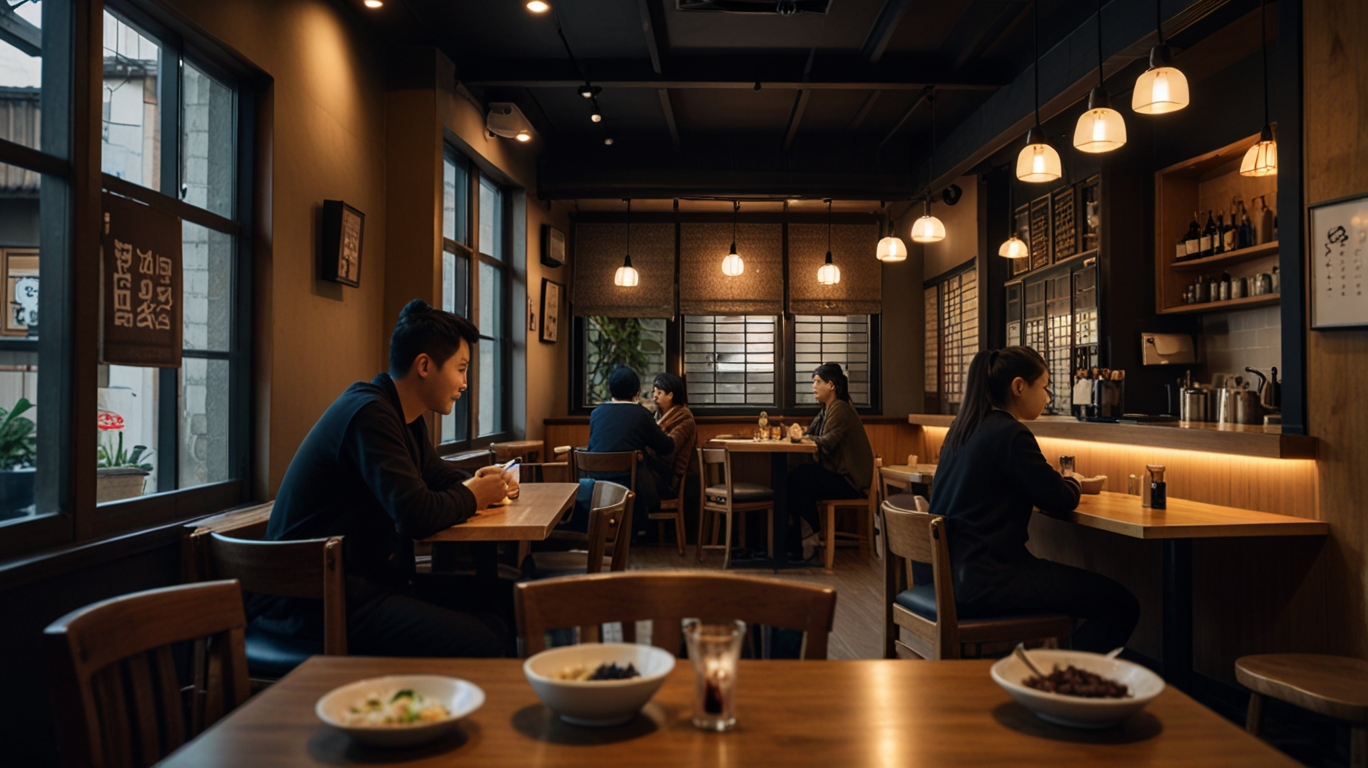
Black Day in South Korea is one of the most intriguing cultural celebrations in the world. Unlike Valentine’s Day or White Day, which focus on couples exchanging gifts and romantic gestures, Black Day is reserved for singles. Observed every year on April 14th, this day is a unique occasion where single individuals gather to embrace their independence and enjoy delicious food—most notably the iconic jjajangmyeon, or black bean noodles. In this article, we’ll dive deep into the origins, traditions, and modern twists of this fascinating holiday.
What Is Black Day? The Origins of This Unique Celebration
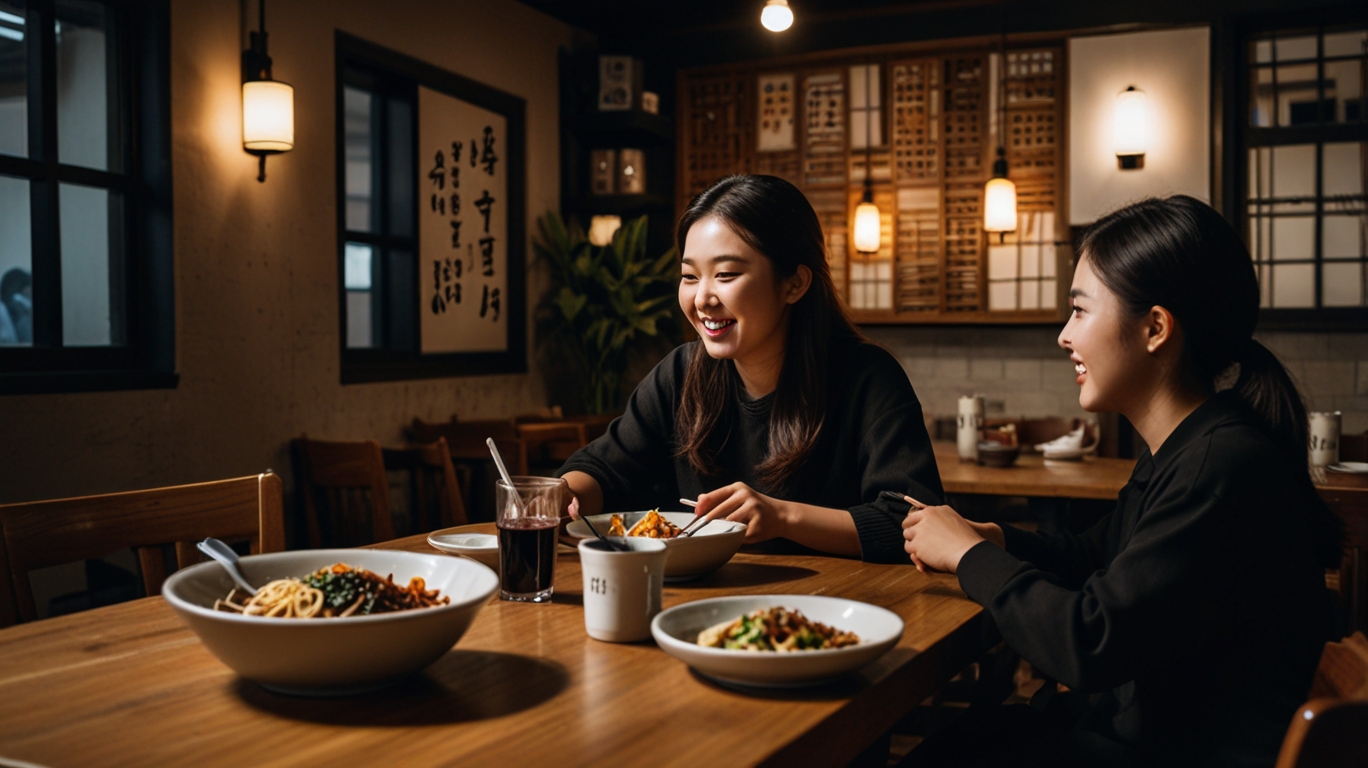
Black Day is part of South Korea’s unofficial “love holidays,” which occur on the 14th of every month. February 14th (Valentine’s Day) is when women give chocolates to men, and March 14th (White Day) is when men return the favor. But what about those who didn’t receive anything on either day? That’s where April 14th comes in—Black Day is for singles who were left out of the romantic exchanges.
The tradition started as a way to acknowledge single individuals in a society that often emphasizes relationships. It soon evolved into a cultural event where singles could openly celebrate their independence rather than feel lonely or excluded. Today, it has become a lighthearted and empowering holiday, proving that being single is something to embrace rather than hide.
Why Black Bean Noodles? The Symbolic Dish of Black Day
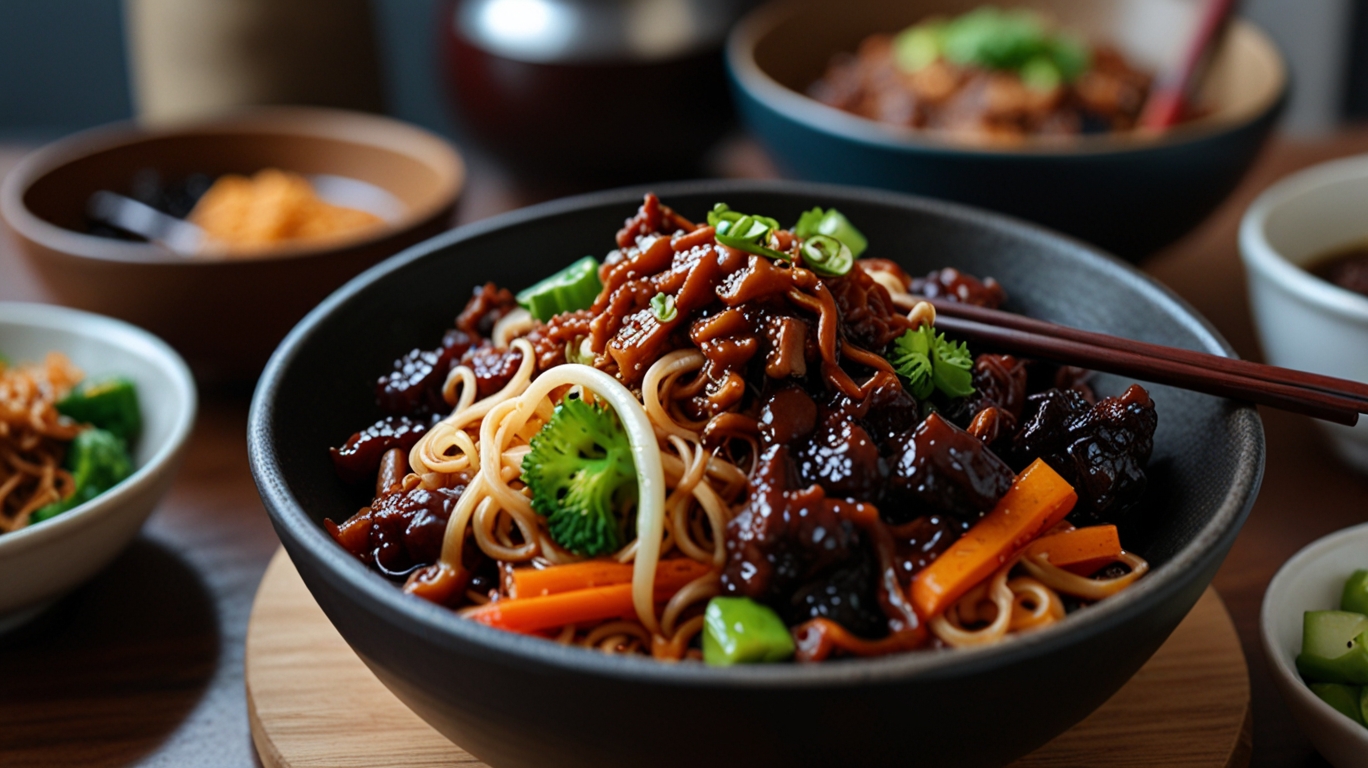
When you think of Black Day, one image comes to mind: steaming bowls of jjajangmyeon. This dish is made of thick wheat noodles coated in a savory black bean paste sauce, usually mixed with diced pork and vegetables. The black color of the sauce is symbolic of the day itself, and eating this dish has become the ultimate tradition for singles on April 14th.
Historically, jjajangmyeon was a popular Korean-Chinese comfort food, but its association with Black Day elevated it to cultural icon status. The act of eating jjajangmyeon together serves as a bonding experience for singles, transforming what could feel like a lonely day into a joyful gathering. Many people even say that the darker the sauce, the better the luck in finding love—or staying happily single!
How Do Koreans Celebrate Black Day Today?
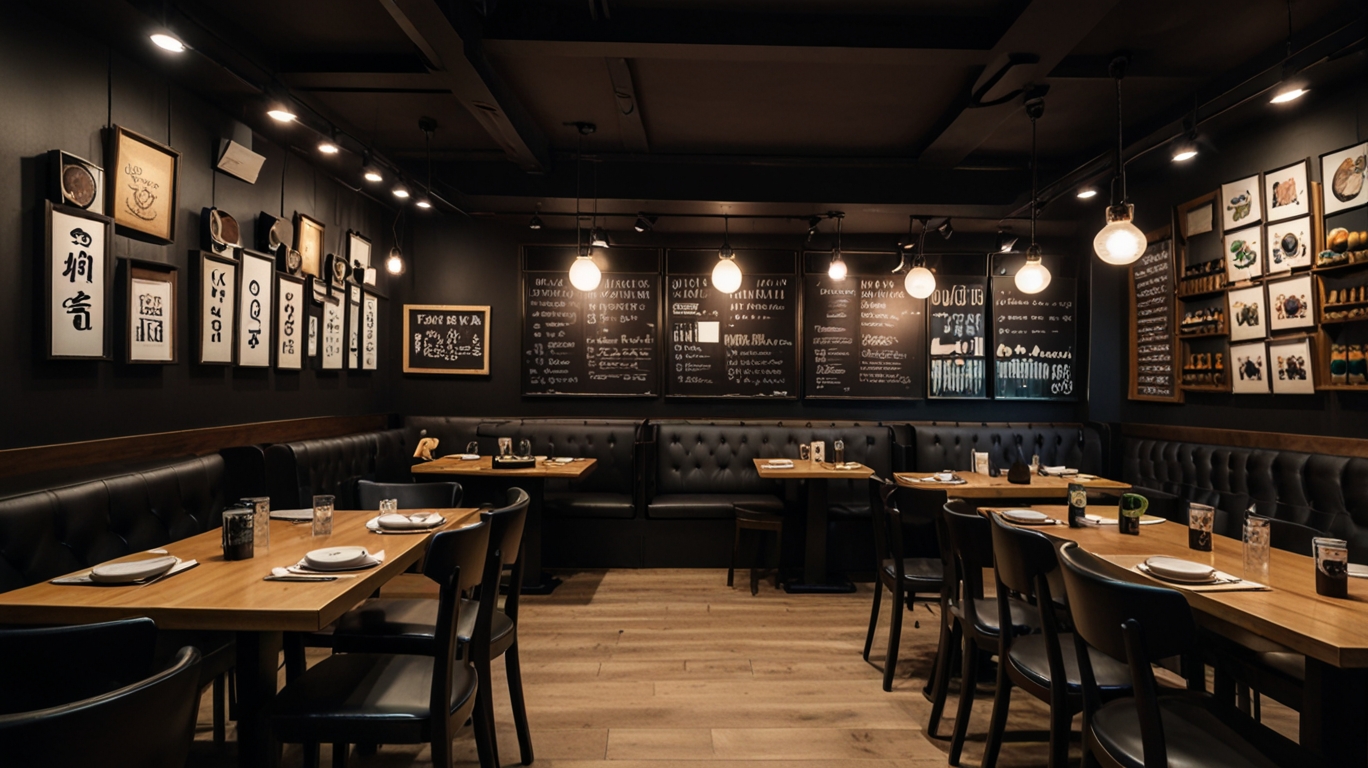
Over the years, Black Day has grown beyond just eating noodles. Today, it’s a mix of food, fun, and even a little romance for those who want it. Many Korean restaurants offer special jjajangmyeon deals for singles on this day, turning the celebration into a social experience. Cafés and dessert shops also join in with black-themed drinks and sweets, like black sesame lattes and charcoal ice cream.
Some singles prefer to keep things low-key by ordering jjajangmyeon for delivery—a practice so common that food delivery apps see a huge spike in noodle orders every April 14th. Others attend Black Day events, which can range from speed dating gatherings to social mixers designed to help singles connect. Despite being known as a holiday for embracing singleness, it can sometimes spark new romances!
Black Day vs. Valentine’s Day and White Day: What Makes It Different?
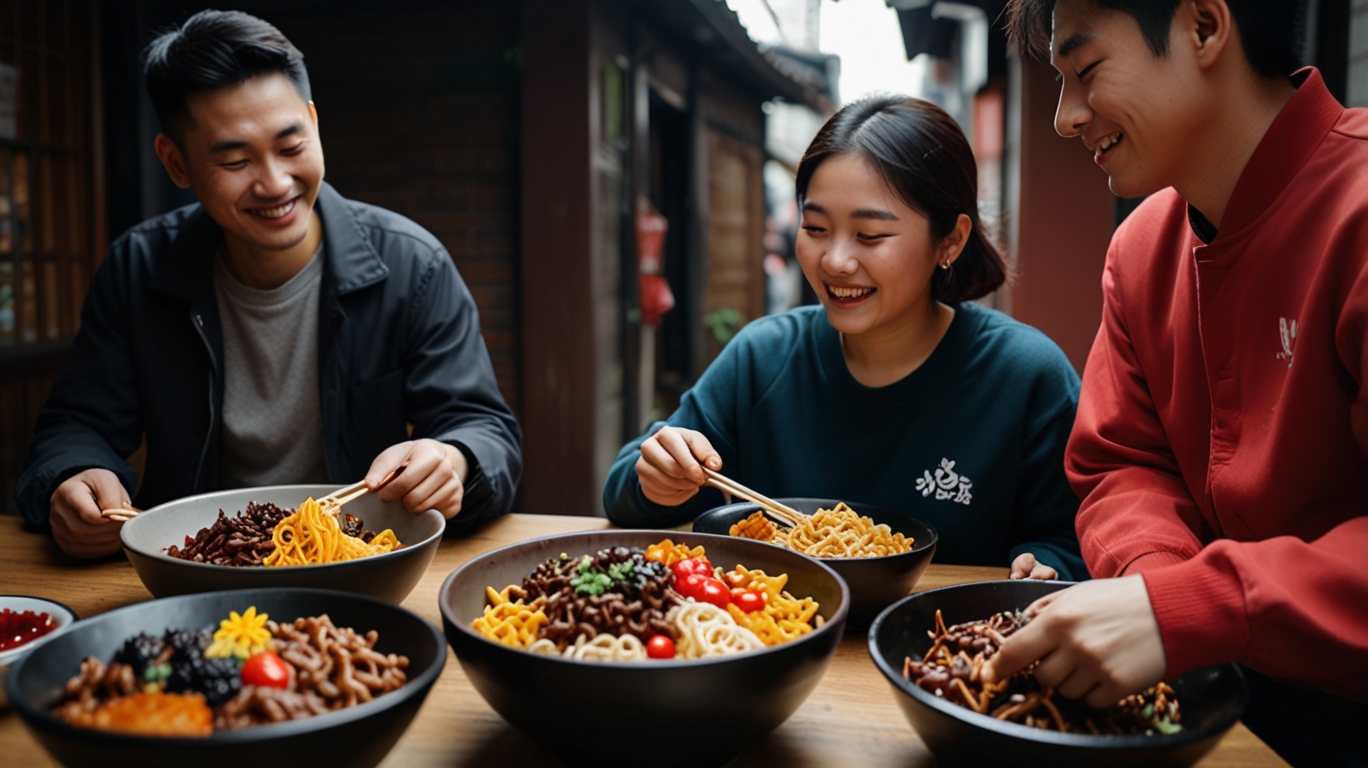
Unlike Valentine’s Day and White Day, which emphasize gift-giving and romantic relationships, Black Day has a completely different tone. It’s not about couples; it’s about inclusion. Instead of feeling left out after two consecutive love-focused holidays, singles have a day to themselves where they can celebrate independence without pressure.
This cultural difference highlights South Korea’s playful approach to relationships. By creating a holiday dedicated to singles, society acknowledges the diversity of relationship statuses and gives everyone a chance to participate in the festive spirit—even if they don’t have a partner.
Why Black Day Matters: Embracing Singleness with Pride
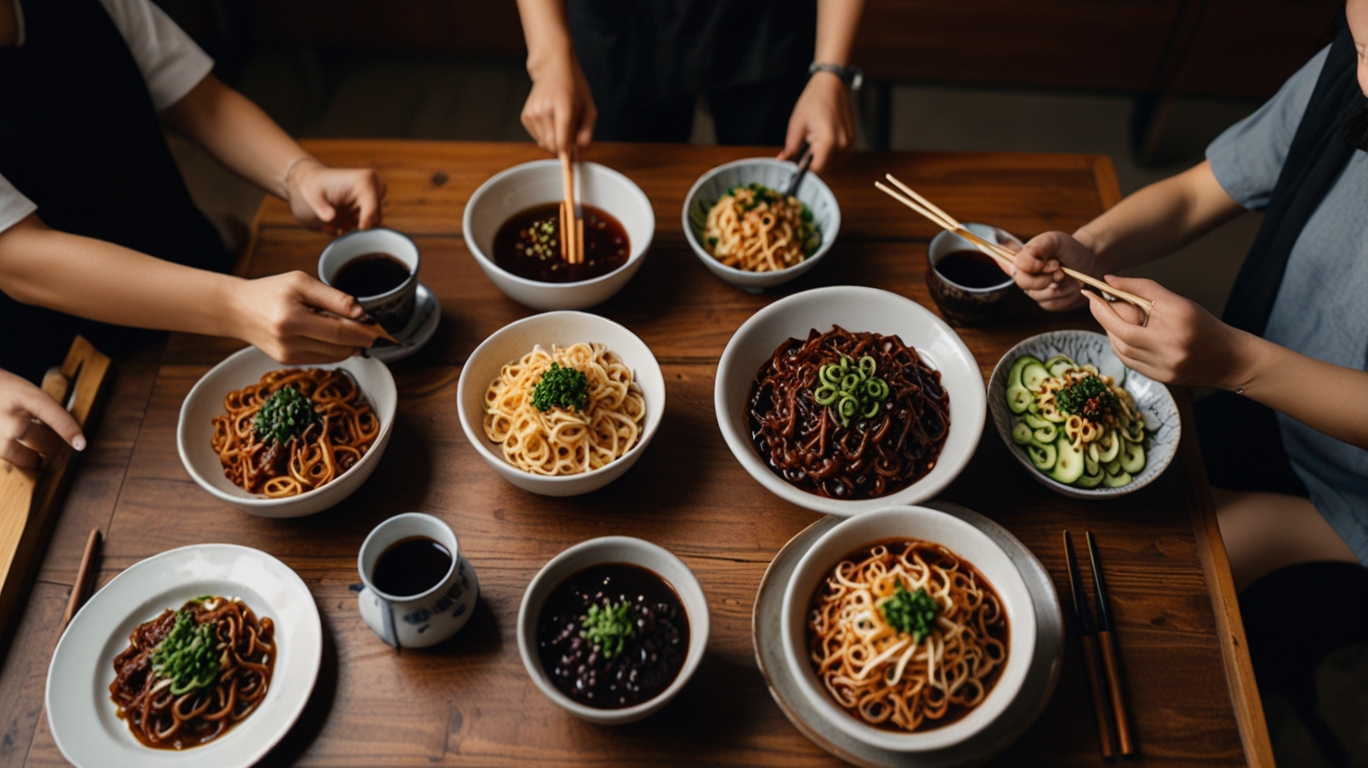
At its core, Black Day is more than just an excuse to eat noodles—it’s a celebration of self-love and independence. In a culture where relationships are often highlighted, having a day that empowers singles sends a strong message: being single is not something to be ashamed of. Whether people gather with friends, attend events, or simply order takeout and enjoy their own company, Black Day promotes confidence and community.
This tradition continues to grow every year, especially as younger generations embrace diverse lifestyles and prioritize happiness over societal expectations. So, whether you’re in Korea or halfway across the world, maybe it’s time to start your own Black Day tradition: grab a bowl of jjajangmyeon and celebrate yourself!
RELATED POSTS
Why Jajangmyeon Is the Official Food of Heartbreak
In South Korea, Black Day is a relatively modern tradition that has taken root as part of a unique cultural cycle of love-related celebrations. Every February 14th, Valentine’s Day, women in South Korea customarily give chocolates or gifts to men as tokens of...
